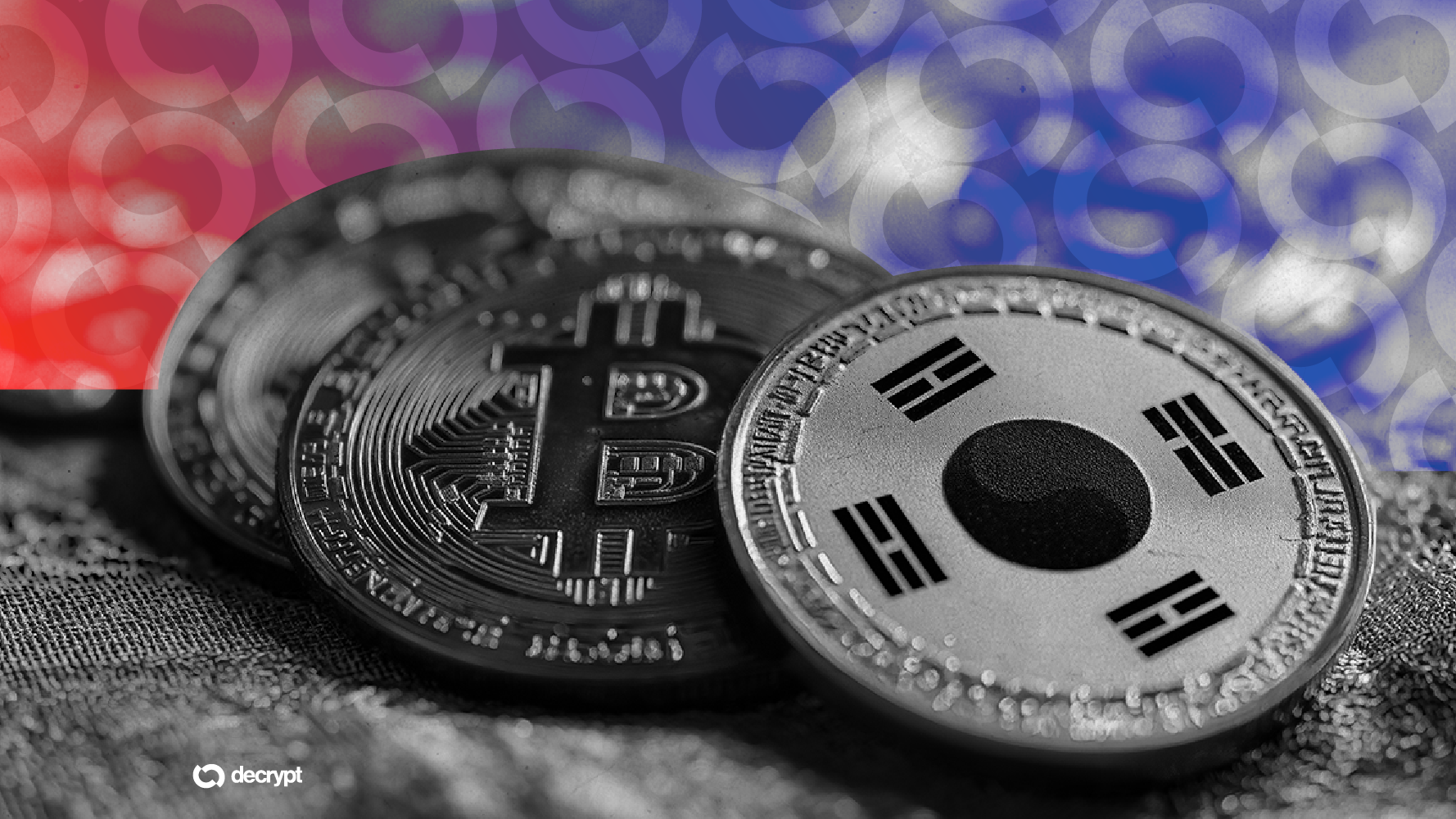South Korea’s Election Could Make or Break Crypto’s Future

As South Korea heads to the polls, the crypto industry holds its breath—will the next administration double down on regulation or unleash a digital asset boom?
Subheader: The Stakes for Traders and Exchanges
With one of the world’s most active retail crypto markets, Seoul’s policy shifts could send shockwaves through global liquidity. Will the ’Kimchi Premium’ stage a comeback, or get regulated into oblivion?
Subheader: Institutional Players Watching Closely
Local finance giants—from K Bank to Shinhan—have been dipping toes into crypto custody. A favorable outcome could trigger a gold rush; a crackdown might send capital fleeing faster than a rug pull.
Closing thought: Whatever happens, you can bet politicians will take credit for the rallies and blame ’speculators’ for the crashes. Some things never change—even in decentralized finance.
Learning from the past
The consensus between the two major parties suggests that crypto and digital asset regulation in the country could soon relax, even with concerns of repeating what happened with Do Kwon and the collapse of Terra, an algorithmic stablecoin.
In addition to the impact on consumers, the collapse of Terra has led to South Korea’s crypto industry being “reviled as one of the darkest markets, with some calling it gambling,” according to Seo.
Coupled with several other high-profile scandals, including one involving a politician’s trading activities, reigning in the industry is a priority.
“Now, lawmakers are communicating with industry experts who have studied the first movers, such as the EU, Singapore, the US, and the UAE, to create the most applicable regulatory framework for the Korean market, and this includes the consumer protection measures,” Seo added.
ETFs
Candidates are also showing interest in launching crypto ETFs in Korea, although the topic has been floated multiple times by politicians since the U.S. launched its spot Bitcoin ETFs and little concrete progress on their introduction has been made.
"[The] first step should start from judging which party can operate spot ETF, including custody," Ryan Yoon, senior analyst at Tiger Research, a Web3 market analytics firm with expertise in Asian markets, told Decrypt.
"Investor classification depends on their risk tolerance, but I think an ETF will open to all," Yoon noted.
KP Jang, chief strategy officer at Seoul-based data intelligence platform Xangle, told Decrypt this is likely to happen, but with certain conditions.
"Won-backed stablecoins are likely to circulate primarily within Korea," Jang said.
Those would be "relatively less prone to triggering global market shocks like the Terra-Luna incident," given how the Korean won (KRW) isn’t used "as a settlement currency" elsewhere.
The proposed won-backed stablecoin would also be issued as a "fully-collateralized model," Jang noted, adding that "actual Korean won reserves" would be "held in full against the issued amount."
Such clarity in collaterals would greatly enhance stability and reduce "the likelihood of a collapse like that of past crypto-algorithmic models," he said.
Tiger Research’s Yoon echoed this, saying that a repeat of that kind of failure is unlikely.
Still, South Korea lacks "official discussions or regulations to protect stablecoin users," Yoon said, citing the U.S.’s GENIUS Act could serve as a "potential reference."
Edited by Sebastian Sinclair

